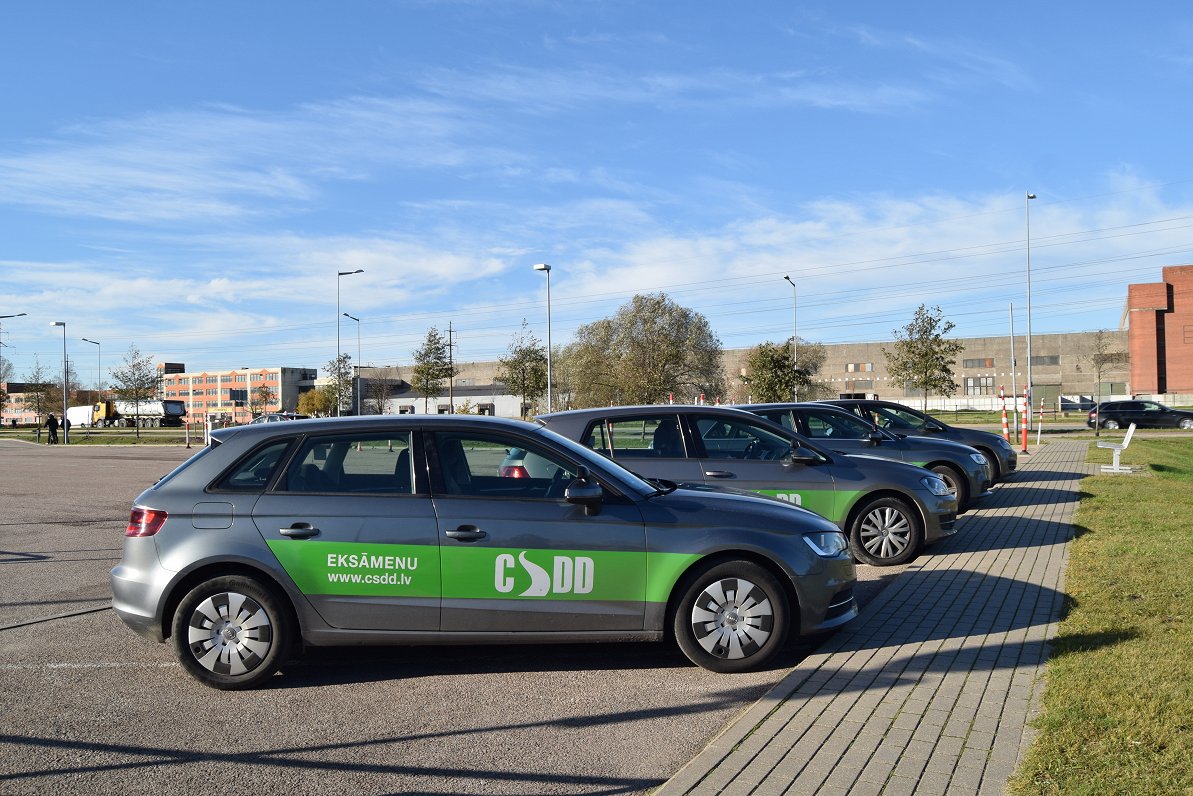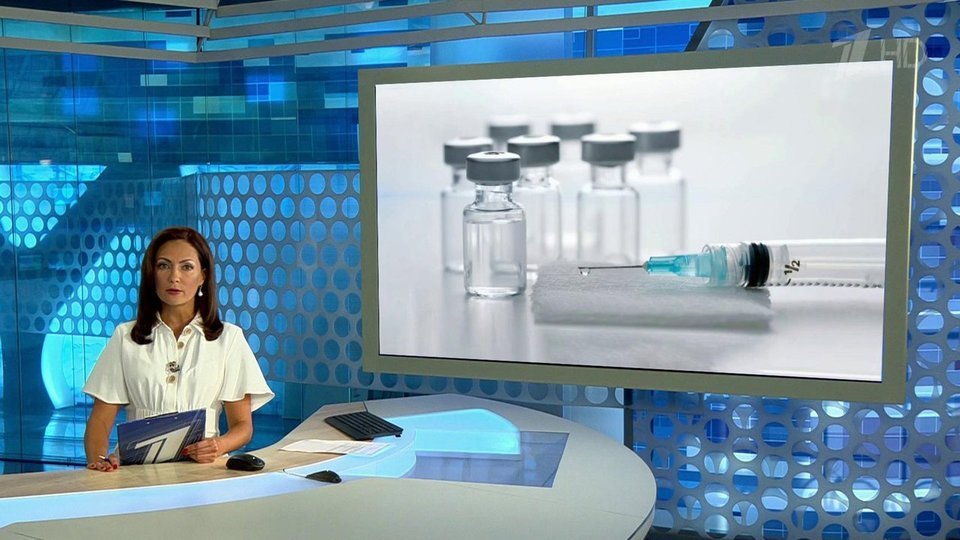This summer, the Competition Council, performing market surveillance measures, concluded that the Road Traffic Safety Directorate (CSDD) license plate procurement requirements have reduced the number of potential bidders. CSDD has been cooperating with the sole supplier, the German company JHTonnjes EAST GmbH & Co, for almost 20 years. In addition, this company has been supplying technical inspection stickers for about the same length of time, reports Latvian Television’s “de facto” program.
“De facto” reveals that the representative and subsidiary of JHTonnjes EAST GmbH & Co in Latvia is “Latsign”, the second co-owner of which is Andris Dambis, a well-known motorist. At the time the company entered Latvia, Dambis together with CSDD management at the time – Andris Lukstiņš and Ivars Krauklis jointly started the Dakar Rally, using the “OSCar” cars designed by the Dam.
But soon, for the first time, the CSDD will also have to organize a procurement for conducting a technical inspection. However, the planned solutions already raise concerns that long-term service providers will benefit and there will be no real competition at all.
Among the three Baltic States, car number plates are the most expensive in Latvia, but the cost of roadworthiness testing, calculated on average over a five-year period, is the third most expensive in the European Union. Such conclusions have been made by the Competition Council when studying the services provided by the Road Traffic Safety Directorate.
“We showed the system, how they work and where there are problems, and it would probably be reasonable for the CSDD to extend these findings of our monitoring to other procurements if there are any restrictions,” says the vice-chairman of the Competition Council. Jānis Račko.
In Estonia, the cost of one license plate is 2.15 euros, in Lithuania – 1.39 euros, but in Latvia – 7.06 euros.
CSDD argues that number plates should be compared with similar quality and safety requirements, because, for example, in Slovakia, Slovenia and Hungary they are more expensive than in Latvia: Slovenia ~ 9.30, Slovakia 10.50, Hungary 7.70 euros.
For 18 years, the number plates issued by the Road Traffic Safety Directorate have been supplied by one German company – JHTonnjes EAST GmbH & Co. In Latvia, it is represented by the subsidiary Latsign, whose co-owner and chairman of the board is motorist Andris Dambis. Asked how this company entered Latvia, Dambis answers: “Several European license plate manufacturers also came to Latvia to offer their services. I don’t know if anyone invited them. I think they wanted to take the opportunity to expand their business. ” JHTonnjes EAST GmbH & Co currently supplies vehicle number plates to more than 40 countries.
The last contract of the CSDD with the company was concluded in 2016 for five years and its value is nine million euros. Latsign performs about half of the planned workload.
Around the time of the cooperation between this manufacturer and Latsign and the management, Dambis, together with the chairman of the Road Traffic Safety Directorate Andris Lukstiņš and his then deputy Ivars Krauklis, took part in the Dakar Rally, driving OSCar in the cars designed by Dambis. Dambis does not evaluate whether the common passion for motorsports has also promoted business cooperation, but points out that he has always appreciated the opportunity to get to know partners in business, sports or other projects: “It has helped me to build a good and predictable future cooperation and give up something. project. “
CSDD board chairman Andris Lukstiņš did not give the interview “de facto”, but his colleague, board member Aivars Aksenoks, to the question whether this acquisition could have been influenced by personal acquaintances, answers: “I think definitely not, I think the problem is We know that Dambi has been known for a very long time as a well-known motorist, yes, but at the same time as an entrepreneur and at the same time as a person who does everything and keeps his promises. . “
In neighboring countries, three or four companies are fighting for the right to supply number plates, but in Latvia there have been no other bidders in the procurement.
Probably, one of the reasons was the CSDD’s requirement to deliver express number plates within half an hour, but the procurement did not indicate that the winner will have access to the CSDD’s premises, which is essential for fulfilling the requirement. Latsign has been a lessee of the Road Traffic Safety Directorate for more than 20 years and the lease agreement is for an indefinite period. CSDD emphasizes that the premises would also be available to other companies if they asked for them.
“First and foremost, we think about quality and customer convenience, because our task was to ensure that customers can receive these number plates quickly, quickly, especially in cases where it is necessary to make an extra number plate. And it is also very important that there is no possibility of any number plate leaks, counterfeits and the like. This was the main thing that the CSDD thought at the time, maybe not so much whether it is a restriction of competition or not, ”says Aksenoks.
The Competition Council also points to other requirements that may limit the number of bidders and that should be changed. The same German company that supplies number plates has also been supplying technical inspection labels for 17 years.
The last time only a negotiated procedure took place, as the CSDD unexpectedly found that it would be very difficult to change the supplier of visual media in the short term, as stickers are also issued for several years, and they are subject to copyright. In the future, however, there could be more competition for the supply of stickers, as the Road Traffic Safety Directorate admits that such a high level of security marks are no longer necessary due to the developed e-systems.
The report of the Competition Council was followed by the task of the Minister of Transport Tāls Linkinka to the CSDD Council to conduct a study on the procurement of the Directorate. The Council further delegated it to the Management Board, which also hired an external expert. And concluded – everything is fine.
Minister of Transport Tālis Linkaits (JKP): “There are many practical recommendations, and when the next tender is announced, there is an agreement with the Council and the Board that the requirements will change. And will be improved in line with modern requirements, including the European Union. have changed. “
One of the biggest challenges will be related to the planned procurement for technical inspections.
So far, four companies have co-owned the CSDD, which will soon leave the ownership structure. In three years’ time, it will be done by a few private companies, one in each region, selected by the management. The Competition Council is already opposed to the chosen solution, considering that competition will remain limited.
“We concluded that the market is open to competition in most countries. Where the state does not limit the number of market participants, how many can participate in a place, start a company. Most countries have a so-called decentralized model, where the state only sets security requirements, personnel requirements, technical requirements, which companies must fulfill in order to be able to provide this service, “says Jānis Račko, Deputy Chairman of the Competition Council.
For example, in Estonia, where the state accredits potential inspectors, but then the choice remains with the consumer, 80 companies do so in 117 locations. Currently, four companies are conducting inspections in Latvia, but it is likely that there will be no more service providers in the future. In the procurement, one service provider will be selected for each region, in total there are only 31 possible places of interest for cars.
The CSDD does not intend to change the principles of market opening, stating that otherwise it will be very expensive to monitor service providers, and does not see a problem if the same companies continue to provide the service after the procurement. Aksenoks says: “First of all, this procurement will not require any existing technical inspection station, no existing equipment. It will require a business plan and financial necessity, and time to build the station. Therefore, existing bidders will have an advantage, but only one, and it will be an experience! ”
If the costs of technical inspection of the invoice for an average of one car for a period of five years, then currently Latvia has the third most expensive inspection and the expenses for it are 117 euros, according to the information provided by the Competition Council. The cost of the service is more expensive only in Croatia – 170 euros, and in Germany – 158 euros. In Estonia, this price is significantly lower than the EU average of 39 euros. The cheapest to visit is Malta (21 euros), the Netherlands (21 euros), Portugal (25 euros).
The CSDD, on the other hand, contrasts its calculations on the basis of the cost per inspection, including the fact that new machines need to be inspected less frequently. And with such calculations – Latvia has the fifth cheapest inspection in Europe, if you choose the price of a car with a gasoline engine as an example (21.70). But on average in Europe – they would be 36 euros.
It is not only service providers in the CSDD that have remained unchanged in recent years. Andris Lukstiņš, the chairman of the board of this state-owned company, has not changed since 1997. Minister of Transport Linkaits (JKP), although recalling that his party is of the opinion that senior positions should not be delayed for more than two terms, currently sees no reason not to allow Lukstiņš to work until the end of his term, as no malpractice or clumsy management has been found in the company.
–


